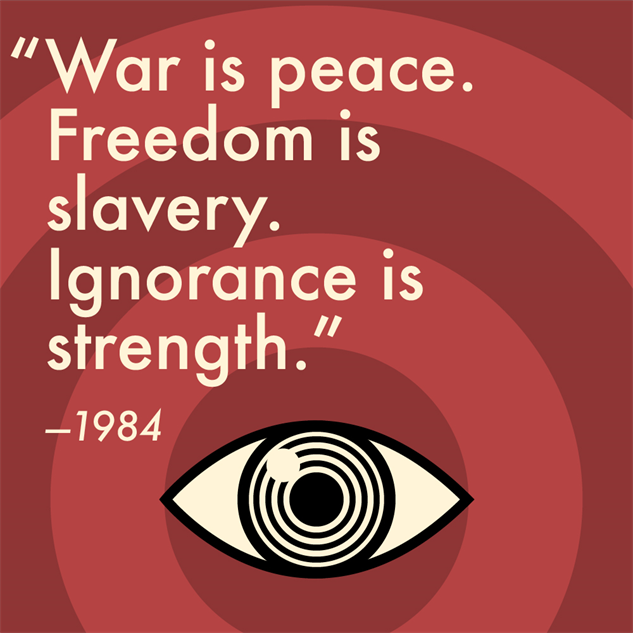We all know that we live in an imperfect world. We all have experienced both good and bad in this world. We get unbalanced when we cannot accept the fact that there is both good and bad in the world.
In today's blog we will discuss some of the problems that can develop when we fail to recognize and assimilate the good and the bad into our daily lives:
Perfectionism
We all have known somebody who displays an extreme striving for perfection in everything that they do, or you may be that individual that expects perfection from yourself, others, and the world around you. Those who are perfectionists are extremely demanding of themselves and those around them; they usually push people away from them due to their high standards and demands for perfection. The perfectionist is certainly an individual that has not been able to assimilate the good and the bad in the world--to the perfectionist it has to be all good--there is no room for the bad.
Inability to Tolerate Negative Feelings
This symptom can be so damaging on so many levels. When we deny our negative feelings we our limiting our ability to grow and mature. We cannot move away from our negative feelings, like anger, sadness, and disappointment; they are part of being human.God's word never tells us to ignore our feeling. Our feelings must be brought to the light of God's word and acknowledged.
Self-Image Problems
We need to be real warts and all. As Dr. Cloud notes, "The only way people can feel good about themselves, can have a good self-image, is to have the real self loved unconditionally. People who can't deal with good and bad can't bring the less-than-ideal parts of themselves into relationship and have them accepted. If this happens, they can't have a positive self-image because they are too afraid of the bad."
Let me list a few barriers to resolving good and bad:
Our View of Self
"I am really not worth loving."
Dr. Cloud notes that "people who have been unable to risk showing their real self to others may still think that they are unlovable, a belief they built in childhood. They don't realize that our "lovability" rests on the ability of the one doing the loving, not on our merit."
While working in the foster cares system I came across so many boys and girls who felt that "they were not worth loving," there experiences led them to believe that they were not worth being loved. A young teenage girl that came into care from an extremely dysfunction home, said to me once " why doesn't anyone want me," it took everything I could from shedding a tear, (that's the man thing).
"I am unforgivable."
Those who feel that they are unforgivable feel that they have committed the unpardonable sin. To them, they are the worst people in the world, their sin is outside the scope of God's forgiveness. Shame, guilt, and regret, are the weights that keep these people in emotional bondage.
Our View of Others
"They will dislike me for my badness."
Dr. Cloud notes, " People who struggle with good and bad have learned that their badness will be hated or disliked. They view others as rejecting parents, quick to judge and slow to love. Because this fear keeps them from opening up, it cannot be disproven without new experiences. For this reason, confession to others is important."
"They don't have feelings like this."
Often people who struggle with feelings of being bad think to themselves, " I'm the only one who struggles like this," it is so liberating for them to find out that we all struggle, we are all sinners, we all have our own weaknesses and emotional issues.
Most of these negative feelings leave a person isolated from others which just continues them in their emotional dysfunctions. They feel that others will abandon them if they show "their true selves."
Our View of God
"God expects me to be all good."
Growing up in a Fundamental Independent Separated Baptist Church I can certainly relate to those who view God as the person who sets all the rules and then just sits back and bangs you over the head when you mess up.
Dr. Cloud put it so sufficiently when he says, "Nothing could be farther from the truth, but no distortion is more common than this one. God has said repeatedly that we are sinners, and he expects us to fall over and over again. He knows our frame, says the psalmist (Ps. 103:14). We must comprehend the way in which God sees us, both to be humbled away from our perfectionism and to be awestruck by his grace."
"God will reject me if I do..."
The Bible teaches that the follower of Christ is eternally secure. It is hard for those who have been loved conditionally to believe that God can love them as "they are." God's grace is inexhaustible, it is deeper than deep, it is higher than high, and you can never be bad enough to exhaust God's amazing grace.
Our last and final posts will deal with coming out of childhood and moving into adulthood. Many of us get stuck in childhood, as Dr. Cloud puts it, these ( one down relationships), cause the person to view themselves as inferior and childish. Our goal in this last post is to help us grow out of childhood and into real adulthood.




